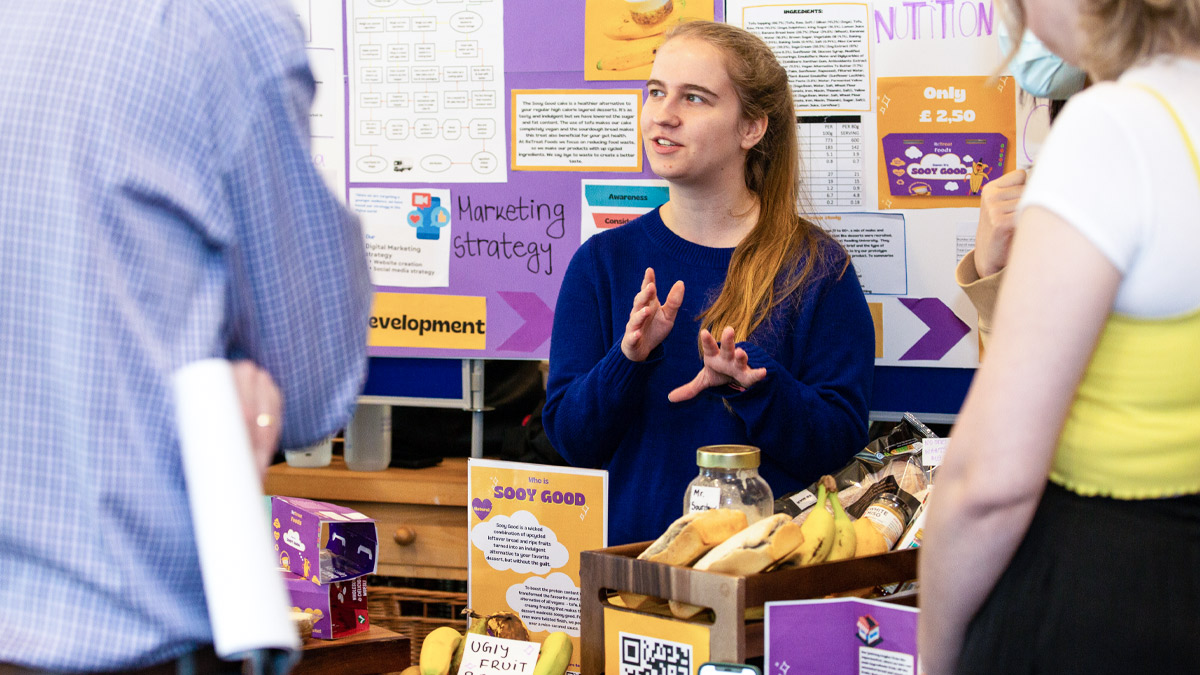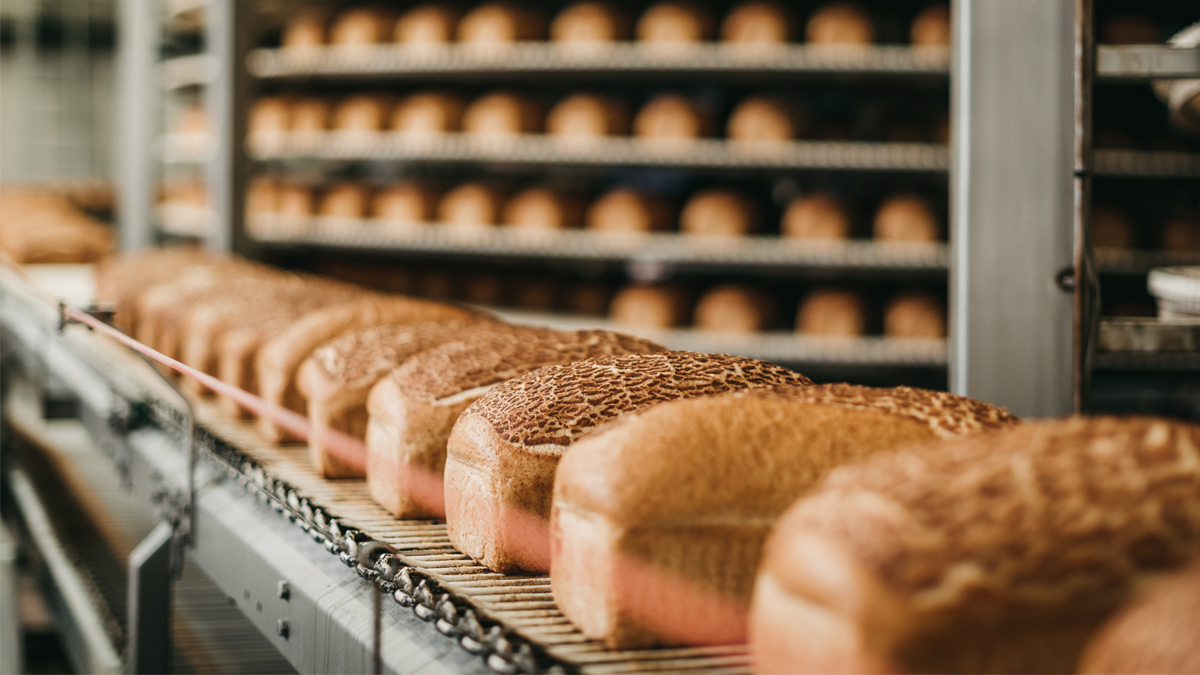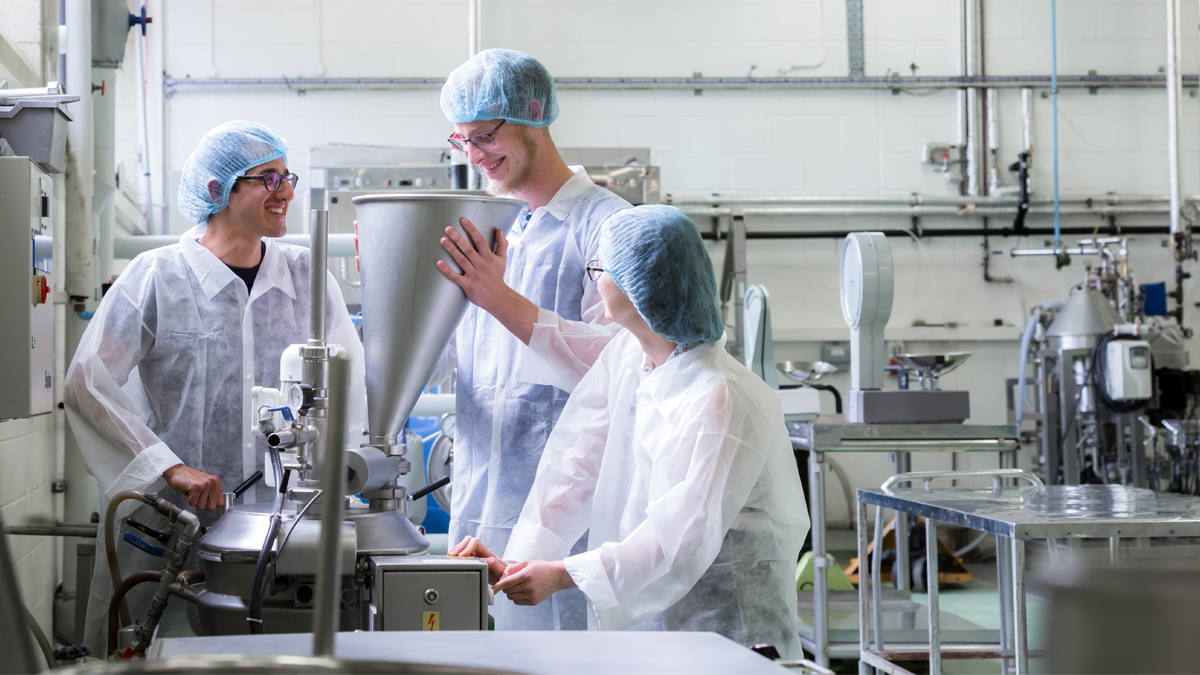Our selection of food science courses enables you to pursue your interests within the food sector, whether you are keen to study it from a technological, nutritional, or business angle.

A vital industry
The food and nutrition sectors offer a variety of career opportunities for food science graduates. If you choose to work in product development and marketing, your career could be very creative. If you choose to work in the fields of quality testing and nutrition, your career would be highly analytical. You could also pursue an academic career or a role in industrial management.
The importance of food science is increasing all the time, so you will always have strong career prospects.
A great way to get started
All employers look preferably upon candidates with relevant experience. Studying here can help to achieve this - our third-year placement programme gives you a year of industry experience.
When placements are successfully completed, it is not uncommon for employers to offer placement students a job when they have graduated from their course.
Excellent career prospects
Overall, 100% of Food and Nutritional Sciences graduates are in work or further study within 15 months of graduation. (Based on our analysis of HESA data © HESA 2023, Graduate Outcomes Survey 2020/21 includes first degree Food and Nutritional Sciences responders).
Also, University of Reading Food Science graduates have the 3rd highest median salary of such graduates 18 months after graduation. Food Science students graduating in 2021 had a median annual salary of £26,000 within 18 months. This is £3,000 above the median salary for all Food Science graduates. (Based on analysis of The Sunday Times Good University Guide, 2024, graduate outcome data September, 2023.)

How you'll study
Learn from world-leading experts in a supportive environment - through lectures, problem-based learning, group project work and hands-on practical work in the laboratory and pilot plant.

Food placements
Enhance your employability and build your network by applying for work placements during your degree. Opportunities include year-long and summer placements.

Why study food science
Study in a world-class institution on a course accredited by the IFST. Gain real-world experience with a summer placement or choose to spend a year in industry.

